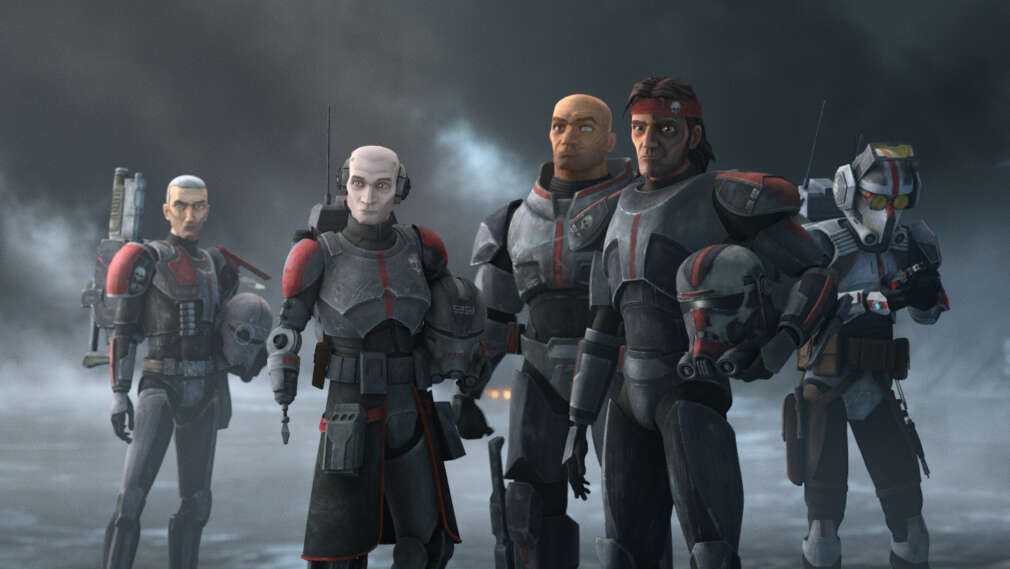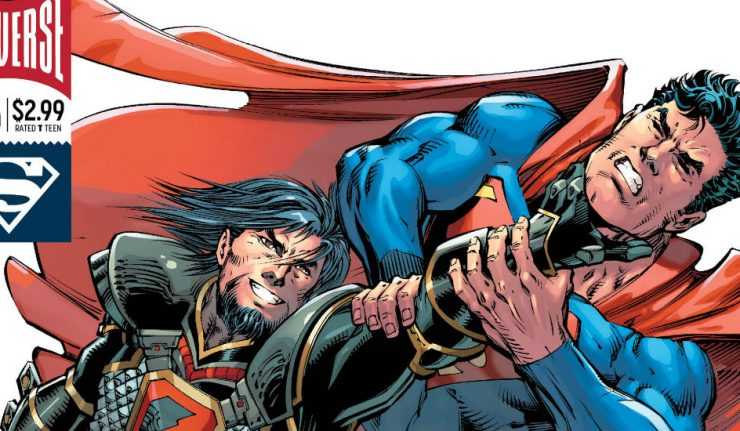Having the Maze Runner trilogy as your big break in Hollywood is no small feat, and in retrospect, the post-apocalyptic coming-of-age story does seem as if it’s Wes Ball’s try out for bigger things. His style, viscerality and intensity have always been the standout elements of his direction elevated his previous films, qualities that lend themselves to the now post-apocalyptic Earth in the latest chapter of the recently revitalised Planet of the Apes franchise with: Kingdom of the Planet of the Apes.
Taking place several generations following Caesar’s sacrifice for his kind, the tyrannical Proximus Caesar aims to build his empire as one young ape undertakes a harrowing journey that will cause him to question all that he has known about the past and to make choices that will define the future for apes and humans alike.
Naturally, the planet has changed since we last joined Caesar, leading to his ultimate sacrifice in giving his life for his kind as humanity slowly perished. To acquaint us with this “new Earth” Ball wisely takes his time establishing the state of the world & introducing us new characters we grow to care about while exploring the thought-provoking complexity of Caesar’s Messianic legacy and its generational impact: the truth and the lies, the good and the evil.
If that sounds somewhat familiar it, is with good reason, as this coming-of-age epic is a classic hero’s journey reminiscent of Star Wars in the best ways, representing A New Hope for the franchise. One unashamedly acknowledges the giant shoulders it stands on but allows the film to build a unique sense of intrigue, layered with fascinating parallels that expand on the themes of religion and war from Rise, Dawn and War.
Ball’s confidence is palpable in his helming of the film: an intellectual blockbuster that expands the epic feel of the beloved trilogy, but ultimately delivers a much bigger scope, flow, and purpose to Noa’s story (Owen Teague), our new protagonist, whose parallels are as evident as Caesar’s in the past. However, Noa’s journey is distinctively different as for one, he’s never known a world where apes were not the dominant species subservient to humanity who ruled atop the food chain, and as the film develops we eventually learn that history has been rewritten and held back. Caesar is not so much a religious figure but rather a legend, only some know of him, fewer know of his work and sacrifice, and even less understand what he truly stood for and believed, not to mention that Noa’s tribe – a small clan of apes living in the forest – barely know of humans to the point they call them “echoes” and not many believe them to still be around.
While this gives the movie a methodical pace, Ball takes necessary advantage of this storytelling structure and allows the breath-taking visuals to immerse viewers into this desolate but beautiful world. Noa’s tribe raise birds and complete a ceremony to signify their adulthood, giving him the desire to make his clan, and his family, proud. Making the wait more than worth it when his clan is mercilessly taken from him by an unknown and ruthless group of invading mask apes, forcing Noa to go on his own adventure into and through the unknown to save those he loves, one that, while emotionally challenging, is riddled with wondrous visuals & thematic resonance earning each story & character beat.
In the hands of Wes Ball, Noa’s journey exposes us to a new world presented through distinct perspectives on biblical figures as we’re fully immersed in his clear vision of exploring the early days of primitive ape civilisation and the outstanding performances, once more with the breath-taking motion-capture that never wavers from its emotional core in Noa and the quest for his family, one that offers plenty of memorable set-pieces and compelling call-backs to what came before, while never forgetting whose story the film is telling.
This connective tissue is embodied by the presence of Raka (Peter Macon) who Noa runs into, finding another kindred soul whose companion has also been taken by the masked apes. Bonding through their shared tragedy, the two begin to journey together, allowing Noa to begin to understand the story of Caesar through Raka, who carries a pendant with the symbol of Caesar’s window from Rise of the Planet of the Apes. Their knowledge of Caesar’s creed and rules for ape kind begin to enlighten Noa not only about the ones he is chasing, but also on his clan and the history that seems to have been lost through time since Caesar’s passing.
No relationship is more important however than the one Noa shares with Nova (Freya Allen) the human him and Raka encounter along the way, and while the latter is sympathetic and compassionate towards the frightful girl, Noa’s clan elders have always taught him to fear them, instilling in him a hard to shake worldview. What makes this dynamic so fascinating is Wes Ball’s strong stance on blurring the lines of morality, a strikingly different perspective than the previous trilogy, where both Noa and Nova represent valid arguments both for and against their kind echoing the themes explored in the film.
This combination of elements enhances this mesmerising and worthy next stage in the evolution of the saga with promise & compelling moral reflections on the evolution of nature and the inevitable cycle of life through a marriage of stunning VFX, an incredible score and Ball’s heart exposed in frame.
One can’t help but feel the length of such a daunting epic, as there isn’t quite the steely narrative focus that was presence in Dawn or War, and while this is necessary to engross us in the new reality, there is an argument to slightly shorten every scene as to help the film flow better from beat to beat, this is clear once Proximus Caesar (Kevin Durand) comes into the film, a villain full of swagger and personality whose presence fills every frame he graces and would’ve been welcomed earlier in the film, allowing Noa to focus in on his goal while elevating the drama with more tension and suspense.
Verdict
Nevertheless, Kingdom of the Planet of the Apes is the next great evolution for the franchise with awe-inspiring world-building & a fitting expansion on the compelling themes & scope of the celebrated trilogy. A classic hero’s journey that all at once celebrates its own legacy & forges its own path & mythos as it continues to find new life for the franchise.





